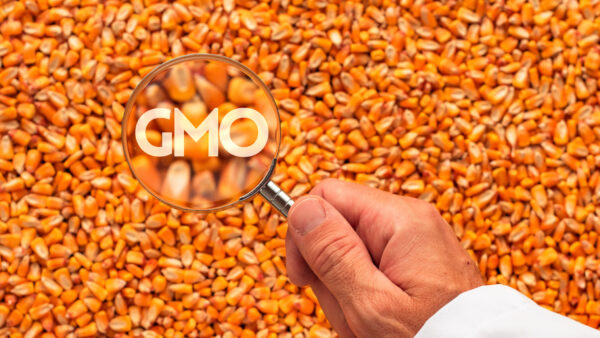A prominent UK scientist urges the next government to prioritize finalizing detailed regulations required for the enactment of last year’s Genetic Technology (Precision Breeding) Act, according to a press release. This step aims to expedite the development of crop varieties that enhance yields, bolster climate resilience, and decrease environmental impact.
Speaking at a Westminster Forum event titled ‘Next steps for gene edited foods in England’ on June 17, NIAB chief executive Professor Mario Caccamo outlined that following 10 months of scrutiny and debate, both Houses of Parliament approved the Precision Breeding Act in March 2023. This legislation establishes a framework for expediting and streamlining the regulation of precision breeding techniques, including CRISPR gene editing, in agriculture.

He noted that this approach aligns with progressive and respected regulatory bodies worldwide, such as those in Australia, Canada, Japan, Argentina, U.S., and Brazil. These regulations are based on the scientific consensus that precision-bred products present no greater risks to human or animal health, or the environment compared to conventionally bred counterparts.
Caccamo said it was ‘hugely disappointing’ that the outgoing UK administration failed to fully implement its flagship legislation. He cautioned that without the necessary secondary legislation to activate its provisions, the Act remains ineffective and serves no practical purpose.
Caccamo highlighted that the officials from the Department for Environment, Food & Rural Affairs (DEFRA) and Food Standards Agency (FSA) had diligently prepared the required implementing rules, which were submitted in draft form to the World Trade Organisation (WTO) in April. There was an anticipation that these rules would be presented to Parliament in July. However, he cautioned against an “unexpected hiatus” due to the early General Election, emphasizing that such delays should not hinder ongoing progress.
“Investors and developers are queuing up to bring forward exciting innovations which will support more sustainable and productive farming systems, such as U.S. food group JR Simplot Co, whose gene edited strawberries bear fruit for three times as long as their non-edited equivalents, producing up to five times as much fruit per plant,” he said. “The berries also have a longer shelf-life, significantly reducing the potential for food waste. Or their CRISPR-edited baby new potatoes with bunched tuber architecture, concentrating the same amount of production on around a third of the land area previously required.
“But if these precision breeding innovations were brought forward today, the reality is that they would still be regulated as GMOs because the necessary implementing rules are not yet in place.
“It is therefore imperative, and a matter of priority, that the next administration brings forward the necessary secondary legislation at the earliest possible opportunity, paving the way for England to become a leader in sustainable crop innovation.
“These techniques can support faster access to genetic improvement, ensuring our farmers have the tools they need to be more climate resilient, to increase productivity while reducing inputs, while at the same time providing new solutions for safer, healthier eating, and reduced food waste.
“I would strongly encourage crop scientists, farmers, plant breeders, environmentalists and all those with an interest in freeing up the using of these exciting new technologies to make that point clearly and unequivocally to Ministers and their elected representatives in the next administration.
“The sooner the secondary legislation is in place, the sooner these innovations can be available on-farm, and delivering tangible benefits to producers, consumers and the environment,” concluded Caccamo.










